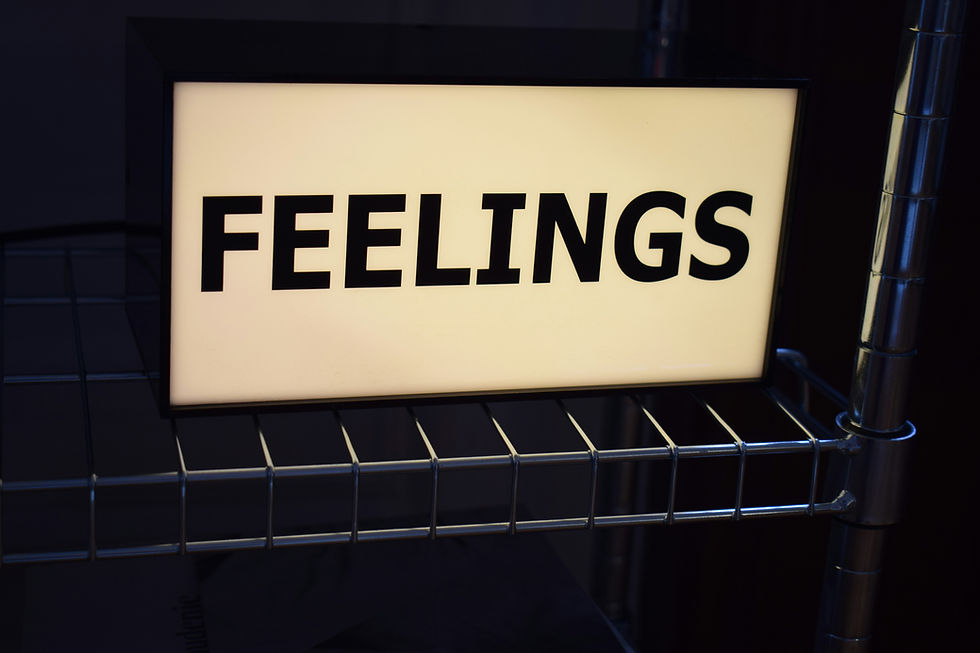Overcoming Educational Gaps: Taking Responsibility Post-COVID
- Danielle Honeyands

- Jun 3, 2024
- 3 min read
Updated: Feb 12, 2025
The COVID-19 pandemic brought unprecedented challenges to education, highlighting technological unpreparedness and creating significant learning gaps for many students. When schools shifted online, teachers and students alike were thrust into an unfamiliar world of virtual classrooms. For many, this transition was anything but smooth. Technological hiccups, coupled with a lack of training and preparation, created a perfect storm that disrupted the learning process.

Many students, seeing the chaos and uncertainty, took the opportunity to step back and take a breather, assuming it wouldn't impact their future. After all, teachers would eventually catch them up, right? This assumption has, unfortunately, left many with gaps in their knowledge, particularly in foundational areas where understanding builds upon earlier concepts. This has led to confusion and has left students further behind than they anticipated.

The Reality of Learning Gaps
These learning gaps are real and can have long-lasting effects. Missing foundational knowledge can make advanced topics seem insurmountable. For example, if you missed out on key concepts in mathematics or grammar during the pandemic, you might find more complex problems or texts significantly more challenging. The same applies to sciences, where basic principles are crucial for understanding more advanced topics.
Taking Responsibility for Your Education
It's easy to blame COVID-19, teachers, or technological issues for these gaps. But dwelling on these factors won't change your current reality. The truth is, no one will make allowances for you because of the pandemic. You are still expected to know the same material as your peers who navigated through pre-COVID education. This might seem unfair, but it's the reality of the world we live in.
Instead of focusing on what went wrong, it's time to take responsibility for your own education and future. Here’s how you can start:
1. Identify Your Gaps
First, take an honest assessment of where your knowledge gaps lie. This might be uncomfortable, but it's essential. Use past exams, quizzes, or even online diagnostic tests to pinpoint areas of weakness.
2. Create a Plan
Once you've identified your gaps, create a plan to address them. Break down your learning into manageable chunks and set specific, achievable goals. For example, if you struggle with algebra, dedicate time each day to review and practice problems.
3. Utilise Resources
There are countless resources available to help you catch up. Birchwood Education offer one-off seminars and/or weekly tuition (online tuition has come a long way since lockdown!). YouTube offer free tutorials on virtually every subject. Additionally, many schools offer tutoring services or extra help sessions.

4. Stay Consistent
Consistency is key. Make studying a daily habit, even if it's just for a short period. Regular, focused study sessions are more effective than cramming.
5. Ask for Help
Don’t hesitate to seek help when needed. Teachers, tutors, and peers can provide valuable assistance and different perspectives that can aid your understanding. Remember, asking for help is a sign of strength, not weakness.
6. Stay Positive and Persistent
Rebuilding your knowledge base will take time and effort. Stay positive and persistent. Celebrate small victories along the way to stay motivated.

Focus on the Future
COVID-19 disrupted education in ways no one could have predicted. Many students took what seemed to be the right course of action at the time, which, in retrospect, may not have been the best for their academic progress. Now, the focus should be on what you want and need for your future.
Conclusion
The pandemic has undoubtedly made learning more challenging, but it also offers an opportunity to develop resilience and self-reliance. Take responsibility for your education and put in the effort to bridge those gaps. By doing so, you'll be better prepared for whatever lies ahead, armed with not just knowledge but also the confidence that you can overcome any obstacle.
Remember, the past is beyond our control, but the future is ours to shape. Do what's right for you now, and invest in your education for a brighter, more informed future.




Comments